All Stories
-
 Astronomy
AstronomyFinding joy and inspiration in the pursuit of knowledge
Editor in Chief Eva Emerson ruminates on the power of knowledge, and the ways scientists are refining how we think about the aging human brain, far away comets and even the speed of light.
By Eva Emerson -
 Earth
EarthMineral hunting, mob math and more reader feedback
Readers ask about Earth's most abundant mineral and discuss the notoriously unpredictable behavior of pedestrians.
-
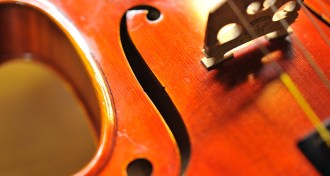 Physics
PhysicsHow a violin’s f-holes influence its sound
F-shaped holes move air faster, allowing classic violins to put out more powerful sounds at lower frequencies than their ancestors, a new study shows.
-
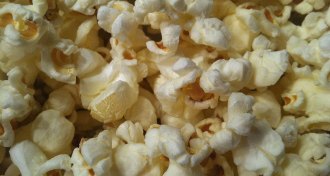 Physics
PhysicsOn the biomechanics of popcorn
When popcorn pops, the biomechanics resemble both an explosion and a spring.
-
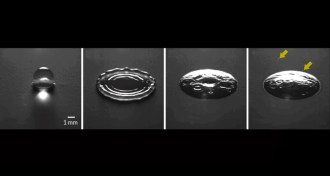 Physics
PhysicsRaindrops kick up soil chemicals
The champagne-like fizz produced when a raindrop hits the ground may be responsible for the earthy aroma after a rainstorm.
By Andrew Grant -
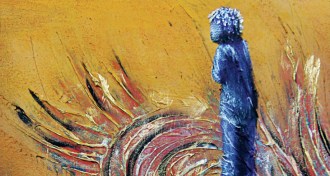 Psychology
PsychologyAdults with autism are left to navigate a jarring world
Researchers are beginning to study ways to help adults with autism navigate independently, get jobs and find friendship.
-
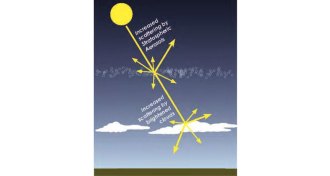 Climate
ClimateArtificial fixes for climate change nixed — for now
Experts says schemes to manually adjust the world’s climate are not ready for use, but should be studied just in case.
By Beth Mole -
 Health & Medicine
Health & MedicineBouncing back from giving blood can take months
Taking iron supplements after donating blood can dramatically reduce the time it takes to recover iron levels in the blood, a study finds.
By Nathan Seppa -
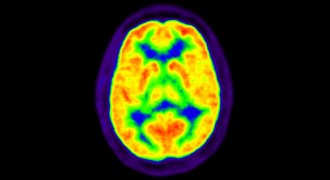 Health & Medicine
Health & MedicineFallout from nuclear bomb testing presaged today’s radioactive tracers
Scientists in 1965 measured buildup of radioactive carbon from nuclear bomb testing in people.
-
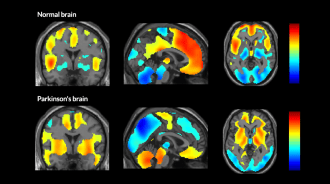 Neuroscience
NeuroscienceA brain at rest offers clues to Parkinson’s, Alzheimer’s
PET scans reveal that the breakdown of brain networks differs in Parkinson’s and Alzheimer’s diseases.
-
 Health & Medicine
Health & MedicineSigns of sleep debt found in the blood
When rats and people skimp on sleep, fats and acids involved in metabolism dwindle.
-
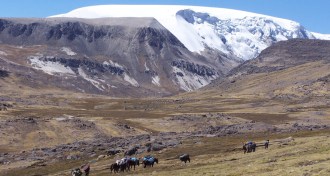 Environment
EnvironmentHumans’ environmental rap sheet gets longer
Ice cores reveal human-caused air pollution 240 years before the Industrial Revolution.
By Beth Mole